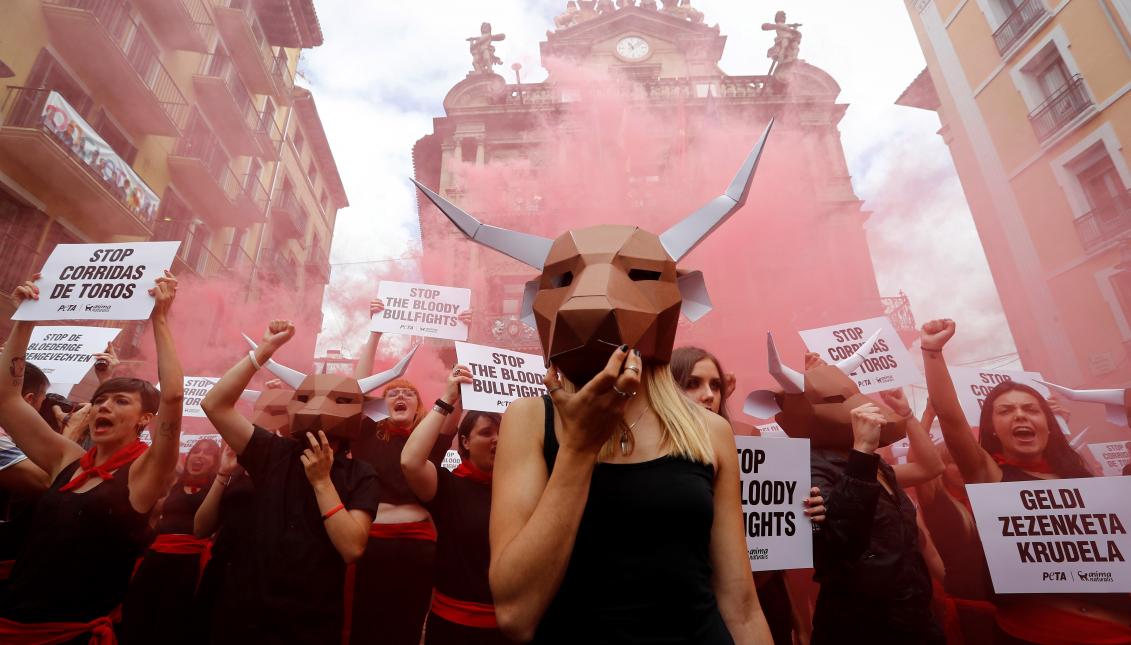International pressure influences the "failure" of elephant sales in Namibia
- At the end of last year, the Namibian Government announced that it was going to auction 170 elephants under this name. The widespread rejection of animal rights groups, which have signed more than 100,000 people in their day. Government officials have admitted that, as a result of the pressure exerted, they have managed to sell "only" 57 elephants.

The sale of elephants promoted by the Government of Namibia was the subject of harsh criticism since the announcement of the auction. These international criticisms have meant that only one third of sales have been executed, as the IPS portal states.
The Government of Namibia believes that droughts are escalating conflicts between wildlife and human beings, and in order to deal with this, Namibian officials have decided to take elephants out of their lands and sell them to the one with the most money. Several animal protection groups have criticised the sale of endangered species in recent years. But despite the failure of the Namibian auction, in which 57 elephants jumped "only", the government has not ruled out a new sale in the future.
The authorities have indicated that elephants sold in Japan will be caught and their habitats will be able to be taken from the catches. Of the elephants sold, 42 will be exported to the whole world, without specifying their destination, and the remaining fifteen will remain in Namibia, even though no further details have been given.
"Where are these animals sold?" Biologist Keith Lindsay has wondered, who was critical of the auction. We don't know. There are no details. There has been no transparency. Besides, where are these elephants going to come from? If taken from some areas, the impact on the elephant population can be severe."
According to the Government of Namibia, the elephant population has increased in recent decades, from 7,500 in 1995 to 24,000 in 2019. However, animal protection groups are not of the same opinion. It is estimated that the actual size of the population is much smaller than that established by the Government, some 6,000 people.
Mark Hiley, a member of the NGO National Park Rescue, which works to prevent the closure of Africa’s natural parks, has informed IPS of the following: "On the pretext of favouring communities, African politicians are increasing the number of reserves, selling their natural heritage and raising money from foreign immoral powers. But until those millions of angry tweets on Twitter become a real important compensation, their destruction will be inevitable."
According to Hiley, "the situation of the last elephants in Africa is not very different from that of the last tropical forests in Brazil; impoverished nations will always exploit the world's shared asset within their borders, until the world rewards them for protecting them".
I'm one of the people who've tried angles, I've had to base myself on the gulas to explain what attacks are. We've boiled the living shellfish: as a child, between the ice of the fishmonger, a hypnotic show, the movements of the living semi-fearsome shellfish. The foie has eaten by... [+]





















